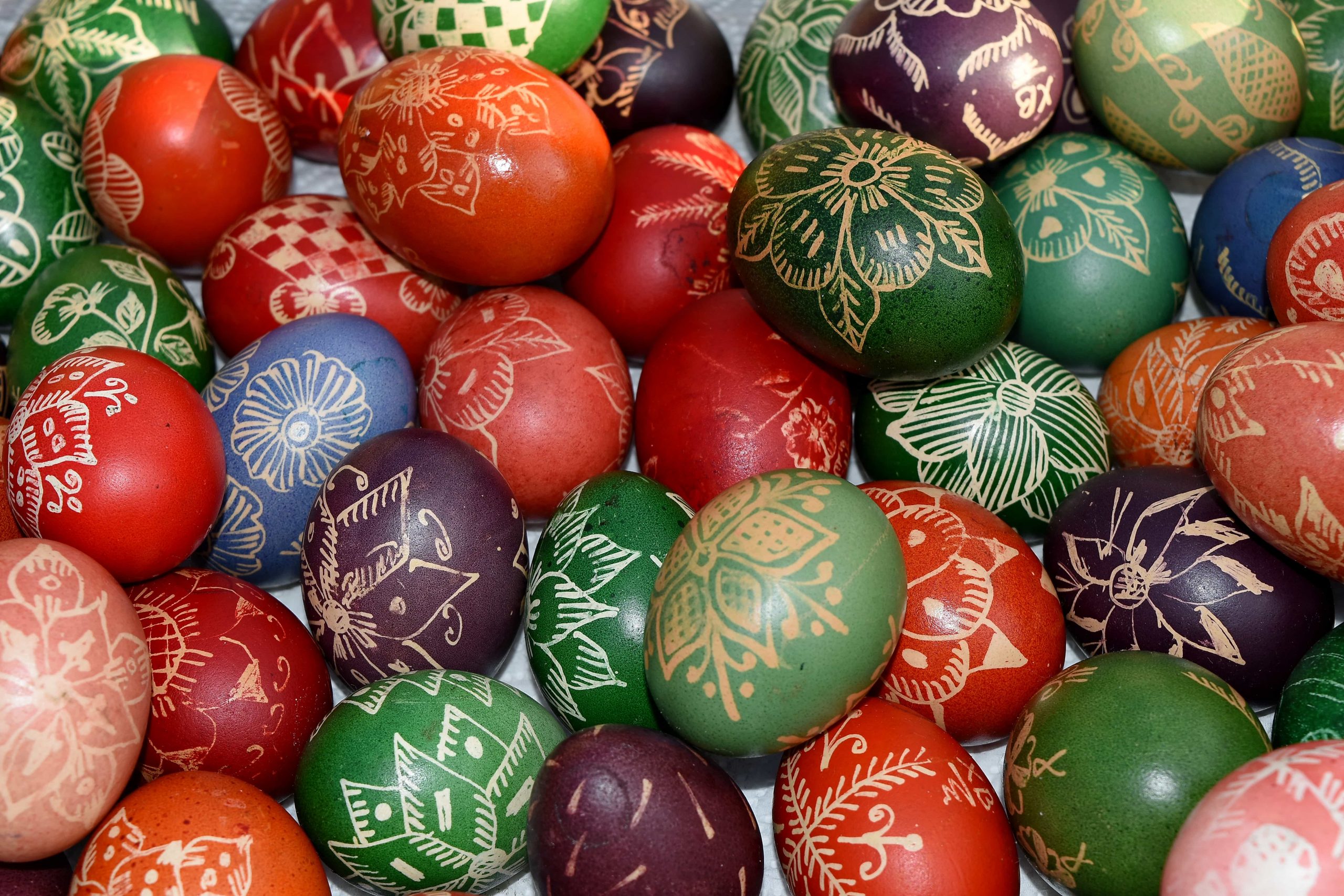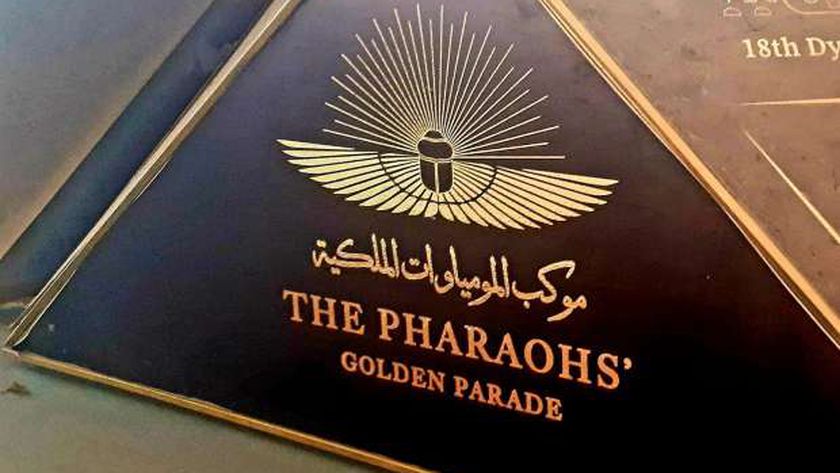Christians were not the first to celebrate Easter. Even before the Christian era, the Paraons celebrated a festival similar to our Easter. It was the festival of rebirth, a type of spring and fertility festival that was celebrated in all ancient cultures.
Easter traditions go way back to the ancient Egyptian times of the Pharaohs.
The Copts, members of the Orthodox Church, celebrate the resurrection of Jesus on Easter Sunday in Egypt. The Orthodox churches base their Easter date on the Julian calendar, which is often different from the Gregorian calendar used in many Western countries. Therefore, the Orthodox Easter time is often later than the Easter time in Germany.
On Easter Monday, all of Egypt, whether Muslims or Copts, celebrate Sham al-Naseem as a national holiday, and schools and most shops are closed. Sham El-Nessim translated from Arabic means something like “smelling the breeze”.
The rituals have been repeated for thousands of years: eating painted eggs for breakfast, going to the parks and eating very salty fish.
The similarity between the ancient Pharaonic and Christian festivals becomes apparent when one compares the meaning of the rituals. Eggs and fish are ancient pharaonic symbols associated with the god “Osiris” – the god of eternity and afterlife. The egg is a symbol of rebirth – in both religions. Salty fish indicate the mummification process, which guarantees eternity and continued life. And fish is also an ancient Christian symbol of Jesus.
Especially in April you can enjoy the mild temperatures when you book Egypt Easter tours.




